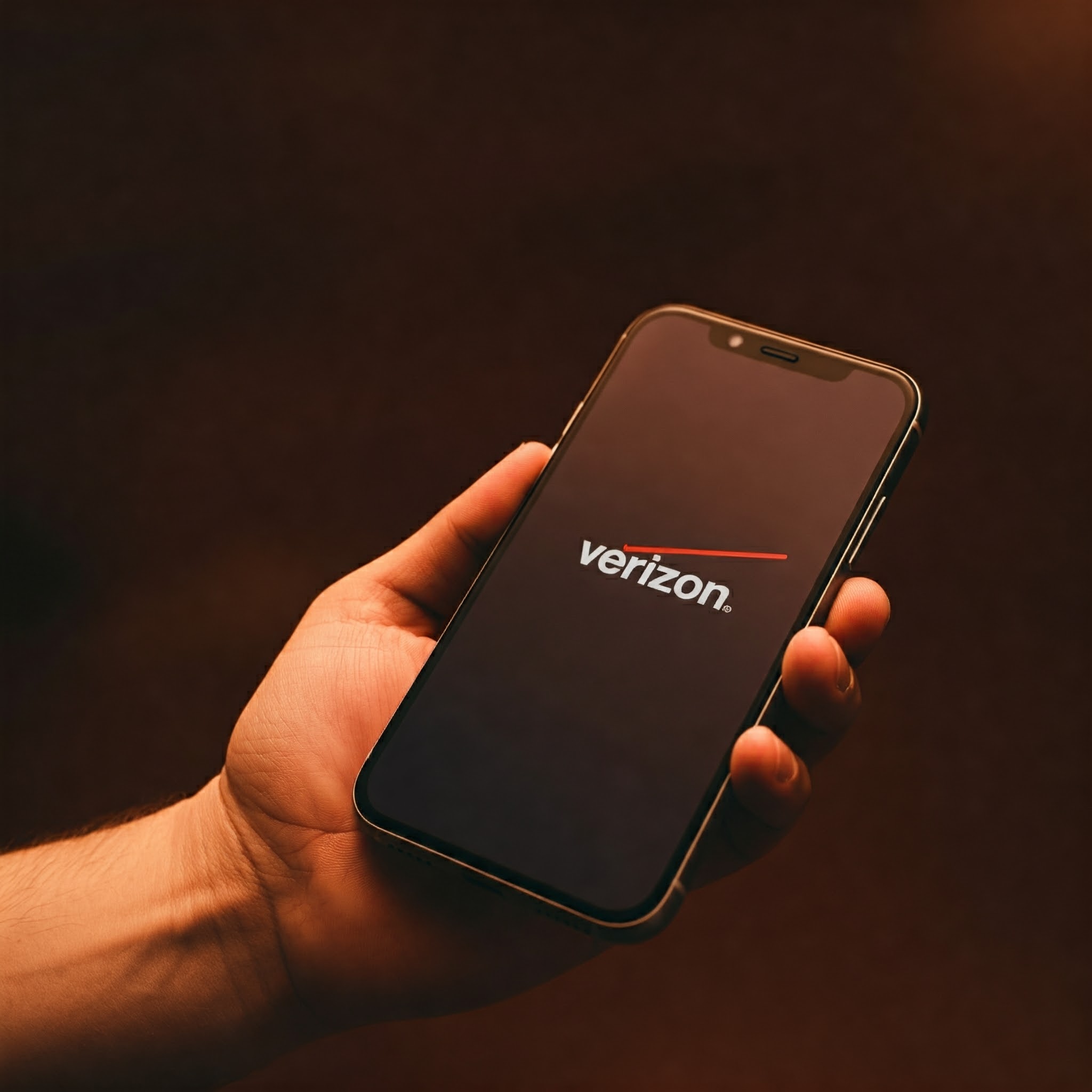When it comes to mobile service, Verizon is often lauded for its expansive coverage and reliable performance. But did you know that you can access this powerful network without being a direct Verizon customer? Numerous carriers, known as Mobile Virtual Network Operators (MVNOs), piggyback on Verizon’s infrastructure, offering a variety of plans and pricing structures. This article delves deep into the world of MVNOs, answering the question, “Which carriers use Verizon network?” and providing you with the knowledge to make an informed decision about your mobile service.
Understanding MVNOs: The Basics

Before we dive into the specific carriers, let’s clarify what an MVNO is and how it operates.
- What is an MVNO? An MVNO is a wireless service provider that doesn’t own its own network infrastructure. Instead, it leases network access from a major carrier like Verizon, AT&T, or T-Mobile.
- How do MVNOs work? MVNOs essentially act as resellers, purchasing network capacity wholesale from a major carrier and then packaging it into their own plans and offerings.
- Benefits of using an MVNO:
- Cost savings: MVNOs often offer more affordable plans than the major carriers.
- Flexibility: MVNOs may provide greater flexibility in terms of plan options, contract terms, and phone choices.
- Specialized services: Some MVNOs cater to specific niches, such as international calling or data-heavy usage.
Which Carriers Use Verizon Network?
Now, let’s answer the burning question: Which carriers use Verizon network? Here’s a breakdown of some prominent MVNOs that operate on Verizon’s network:
- Visible: Owned by Verizon, Visible offers unlimited data plans with a focus on simplicity and affordability.
- Xfinity Mobile: Comcast’s mobile service leverages Verizon’s network and Xfinity Wi-Fi hotspots, offering competitive pricing for Xfinity internet customers.
- Spectrum Mobile: Similar to Xfinity Mobile, Spectrum Mobile utilizes Verizon’s network and Spectrum Wi-Fi hotspots, providing attractive options for Spectrum internet subscribers.
- Red Pocket Mobile: Red Pocket offers a wide range of plans, including flexible prepaid options, all running on Verizon’s network (as well as other major networks).
- Straight Talk: Owned by TracFone, Straight Talk provides various prepaid plans across all major networks, including Verizon.
- US Mobile: This MVNO allows you to choose between Verizon and T-Mobile networks, offering customizable plans with a focus on affordability.
- Page Plus Cellular: A long-standing Verizon MVNO, Page Plus offers a variety of prepaid plans, including some of the cheapest options available on the Verizon network.
This list is not exhaustive, as numerous other smaller MVNOs also utilize Verizon’s network.
Key Factors to Consider When Choosing a Verizon MVNO
While knowing which carriers use Verizon network is a starting point, selecting the right MVNO requires considering several factors:
- Coverage: While all these MVNOs utilize Verizon’s network, coverage can vary slightly depending on the specific agreement between the MVNO and Verizon. Check coverage maps to ensure your area is well-served.
- Plan options: Evaluate the available plans, including data allowances, talk time, and international calling options, to find the best fit for your needs.
- Pricing: Compare the monthly costs and any associated fees, such as activation or SIM card charges.
- Phone compatibility: Ensure your phone is compatible with the MVNO’s network technology. Some MVNOs may have restrictions on the types of phones they support.
- Customer service: Research the MVNO’s reputation for customer service and support.
- Additional features: Consider any extra features offered, such as mobile hotspot capabilities, data rollover, or international roaming.
Verizon MVNOs vs. Verizon: A Direct Comparison
While MVNOs offer cost savings and flexibility, there are some trade-offs compared to being a direct Verizon customer:
| Feature | Verizon MVNOs | Verizon |
|---|---|---|
| Pricing | Generally lower | Generally higher |
| Plan options | May be more limited | Wider variety of plans |
| Customer service | Can vary depending on the MVNO | Typically strong customer support |
| Network priority | May have lower network priority during congestion | Higher network priority |
| Roaming | May have limited or no roaming options | Extensive roaming options |
| Perks and features | May offer fewer perks and features | Access to Verizon Up rewards, device promotions, etc. |
The Future of Verizon MVNOs
The MVNO landscape is constantly evolving. Here are some trends to watch:
- 5G Expansion: As 5G networks continue to roll out, MVNOs will play a crucial role in expanding access to this next-generation technology.
- Increased Competition: The MVNO market is becoming increasingly competitive, leading to more choices and potentially lower prices for consumers.
- Convergence of Services: We may see more MVNOs bundling mobile service with other offerings, such as home internet or entertainment packages.
Conclusion
Knowing which carriers use Verizon network empowers you to explore a wider range of mobile service options. By carefully considering your needs and priorities, you can choose a Verizon MVNO that delivers the coverage, features, and value you seek. Whether you prioritize affordability, flexibility, or specialized services, the world of Verizon MVNOs offers a compelling alternative to traditional carrier plans.